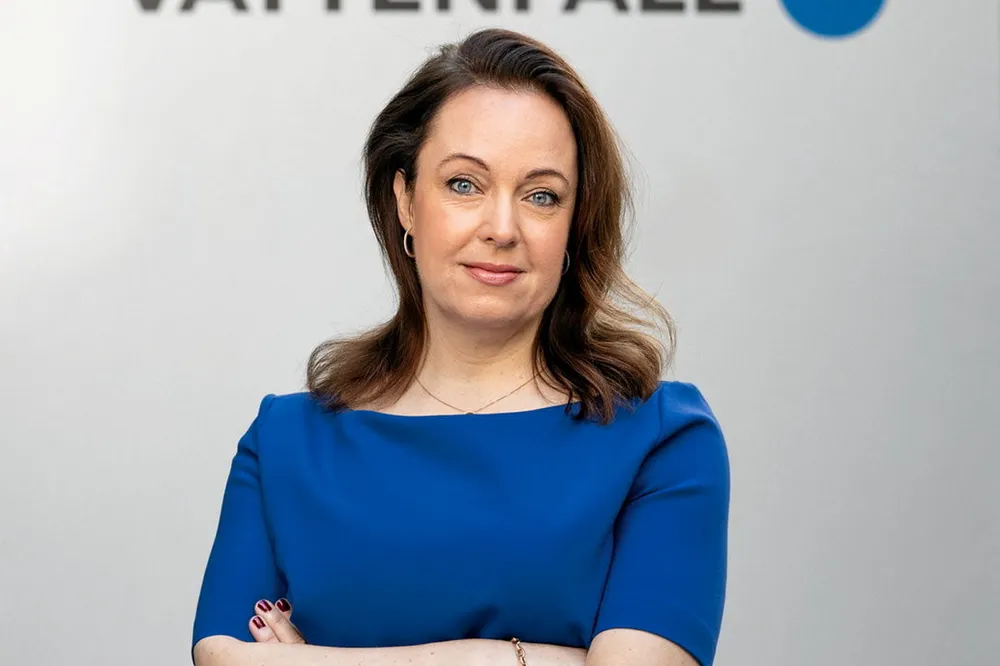Vattenfall CEO sees 'general concern about profitability of energy transition'
Anna Borg points to project cancellations or delays by Swedish utility and peers

Vattenfall CEO Anna Borg said there is a growing concern about the “profitability of the energy transition”, highlighting project cancellations or delays by the Swedish utility and others.
“I think it is important to reflect that this kind of major transformation is never straightforward. There will be ups and downs, and timing is extremely important.”
The Swedish Kriegers Flak array for years was supposed to be linked to already operational wind farms on the German and Danish sides of the sea border, but those countries either provide free grid links or – for projects starting operations some years ago – pay support for the electricity produced, while Sweden doesn’t.
Swedish transmission system operator Svenska Kraftnät instead by 2029-32 was supposed to provide a grid link up to a certain collection point at sea in the area and to several other locations off Sweden, but those plans seem delayed.
“What we can conclude is that there is no outlook right now for us to have a transmission grid at sea for offshore wind, and that is what determines our sort of investment decision.”
Prerequisites for wind at sea are different from market to market, but it will be difficult for most offshore wind projects to have a good enough profitability without a grid at sea, she added.
“We can also see that offshore wind has been built in countries where there is a solution to that. So basically, I think if you want a lot of energy production at sea, you also need the infrastructure, ie. the transmission grid.”
Vattenfall itself booked an impairment of SKr0.3bn ($28m) related to halting Kriegers Flak.